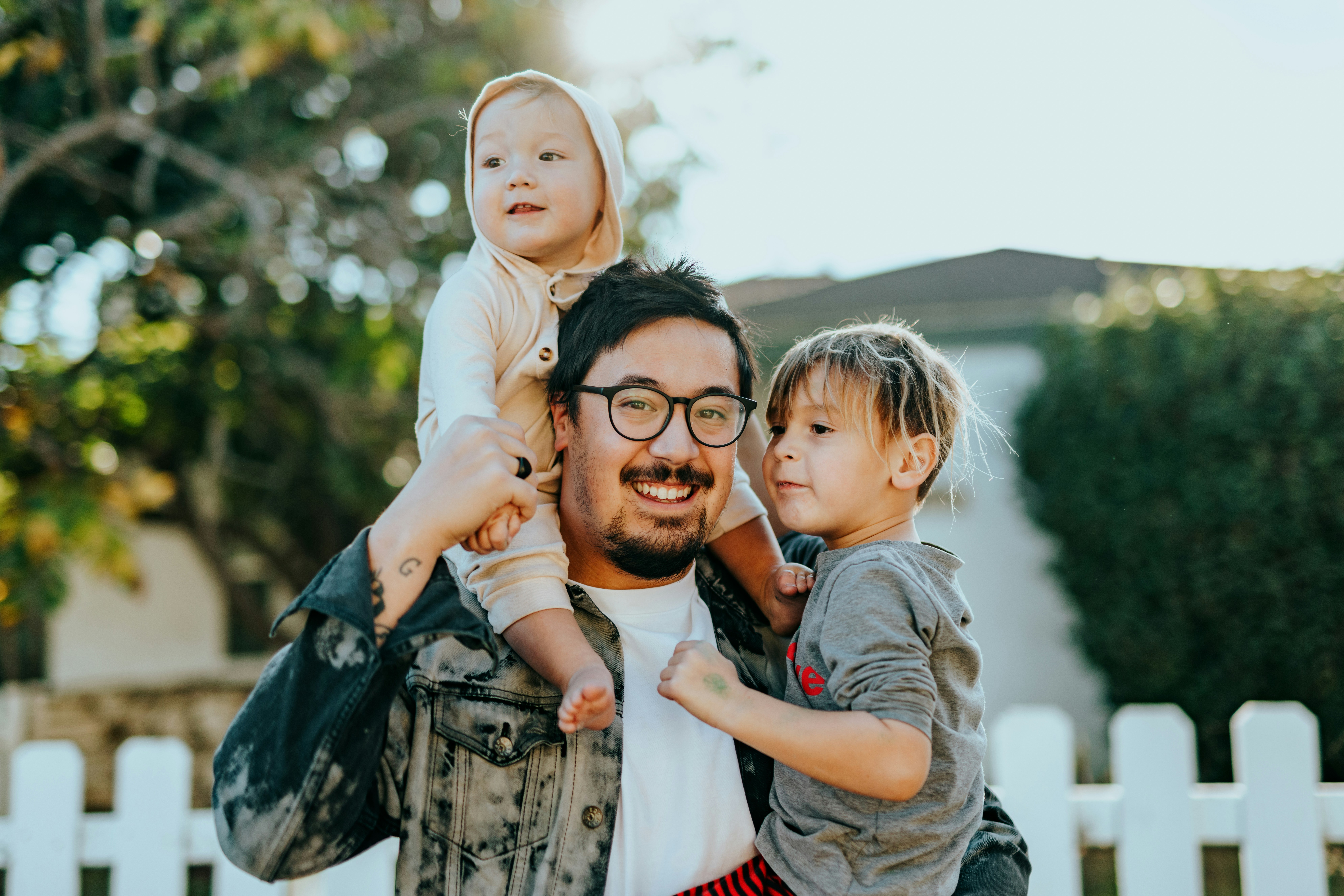
26 Jan How to Guide Kids Through Divorce
Divorce is undoubtedly a challenging experience, and it becomes even more complex when children are involved. Over the past fifty years, psychologists have dedicated extensive research to understanding how divorce impacts kids. In a recent podcast episode of Ask Lisa: The Psychology of Parenting, Dr. Lisa Damour, a favorite author of ours, discusses strategies that can help children navigate the challenges that come with divorce.
Here are some key highlights that can serve as a guide for parents going through this difficult time.
Shield Kids from Conflict
- Research has consistently shown that the level of conflict children are exposed to during a divorce significantly affects their well-being. The open conflict between parents tends to have more negative influence on children than moving homes, changing schools or even financial disruptions. While disagreements are inherent in divorces, adults who handle their conflicts away from their children significantly minimize the negative impact of divorce on kids.
Don’t Share Your Negative Thoughts About Your Ex with Your Kids
- It’s crucial for parents to be mindful of how they express their emotions, especially in front of their children. Criticizing an ex-partner puts children in an uncomfortable emotional bind. It’s advisable for parents to share their criticisms with a supportive friend or a skilled clinician rather than with their kids, allowing children to maintain positive feelings about both parents.
See the Best of Your Ex in Your Kids
- Despite personal differences, it’s possible for parents to appreciate the positive qualities their ex-partner has passed on to their children. Acknowledging and praising these qualities can send a powerful message to kids – that the failed relationship doesn’t diminish the value of their connection to the other parent. Expressing admiration for the positive traits inherited from the ex-partner fosters a sense of continuity and reassures children that they can feel good about their relationship with both parents.
You can listen to the full podcast episode on Apple Podcasts here.

